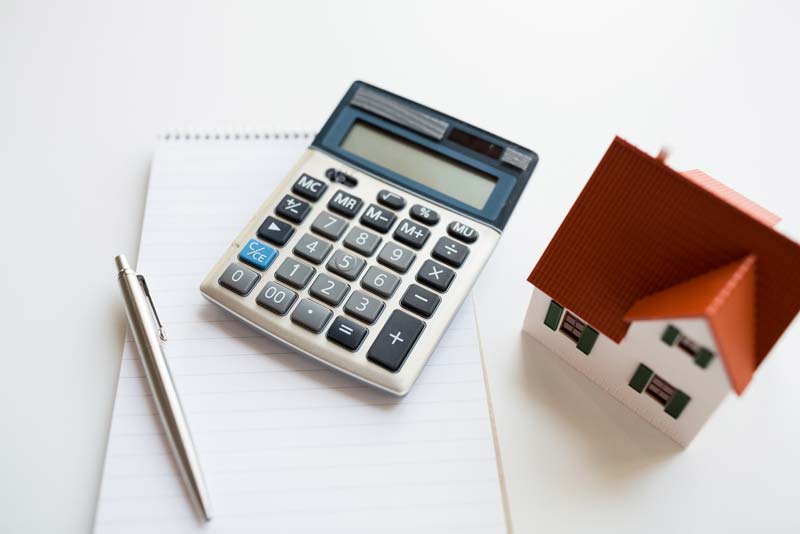10
December 2018
House Price Growth at 6-Year Low
Quarterly house price growth in the UK has slowed down to its lowest rate in 6 years.
According to the Halifax house price index, the average house in the UK costs £224,578, a 0.3% rise compared to this time last year. This is the lowest annual growth rate since December 2012, when the UK was in a recession.
In fact, house prices have fallen in the last month, with the average price of a house in November down 1.4% from the previous month. Halifax’s data has shown that average house prices have fallen in three out of the past four months. Overall, the average value of a UK home has dropped 1.1% over the last quarter.
Analysts have claimed that economic uncertainty over Brexit has limited the growth of the UK housing market. On Friday, property developers Berkeley Group warned that the short-term outlook is “clearly uncertain due to the ongoing Brexit process and a number of headwinds in the operating environment in London and the south-east”, and that such uncertainty has had a “consequential adverse impact on investment levels and transaction volumes”.
Last month the Bank of England claimed that in a worst-case no-deal Brexit scenario average house prices could fall by 30% once the UK leaves the EU. At the same time, if the government is successful in securing a smooth Brexit transition deal, higher borrowing costs could result in the Bank of England raising their interest rates. This could cause affordability problems for a large proportion of the population, resulting in further slowdowns or even drops in average house prices.
Price growth in the more expensive areas of the country in particular has been relatively strong in the mid-long term since the crash in 08. Average prices in London and the South East have risen by 40% over the past five years alone. Economists have suggested that a lack of new housing and the help-to-buy subsidy have contributed to the rapid increases. Higher demand from foreign investors has also helped drive up prices, especially in London.
Many economists believe that the growth trend over the last few years is not sustainable, as house prices continue to rise above real wage growth. According to the Office of National Statistics, the average full-time worker had to pay 9.7 times their yearly salary in order to buy a newly built home in 2017. This figure has more than doubled in the last twenty years, as in 1997 workers were expected to pay just 4.6 times their salary.
Also, the amount of high loan-to-income ratio mortgages offered by banks has been limited by the Bank of England, so first-time buyers need to pay even more on their deposits if they want to buy a house. All these factors have lead to decreased affordability throughout the housing market, suggesting that the housing price growth over the last few years cannot be sustainable.
Hansen Lu, a property economist at Capital Economics, said: “The fundamentals suggest that an acceleration in house price growth is unlikely. House prices are still very high relative to incomes and this is unlikely to change soon.”





